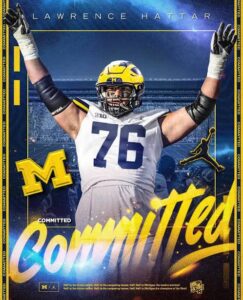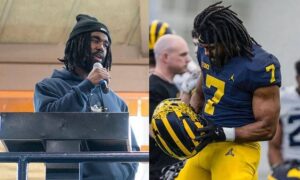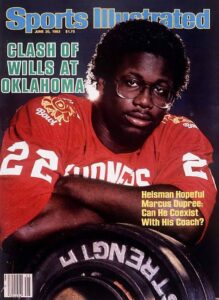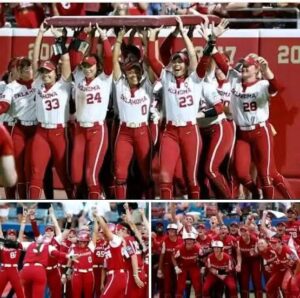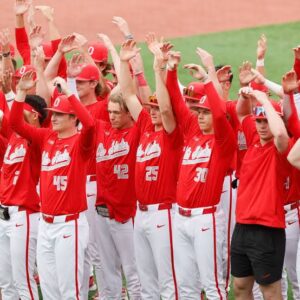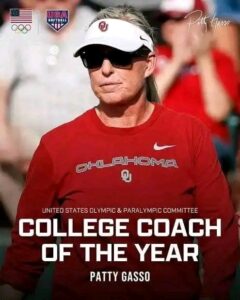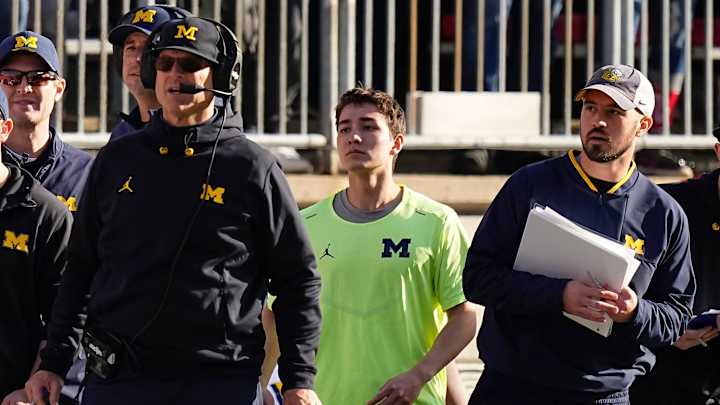
Report: What’s at Stake in Michigan’s NCAA Committee on Infractions Hearing Over Connor Stalions
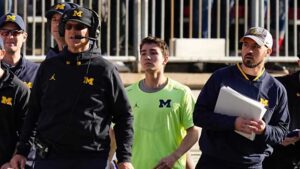
As the University of Michigan faces an NCAA Committee on Infractions hearing over the highly publicized Connor Stalions controversy, the stakes couldn’t be higher for one of college football’s most storied programs. The hearing, set to determine the extent of wrongdoing connected to Michigan’s alleged sign-stealing operation, could result in penalties that affect not just the football team’s legacy, but its future competitiveness and institutional reputation.
At the center of the storm is Connor Stalions, a former low-level Michigan football staffer accused of orchestrating an elaborate and unauthorized scouting network to gain competitive advantages by decoding opponents’ signals. The NCAA alleges that Stalions traveled to other schools’ games, purchased tickets under pseudonyms, and coordinated a network to gather information—actions that would violate rules prohibiting in-person scouting and signal decoding.
Although Stalions has since resigned and claimed he acted independently, the NCAA’s investigation is looking into whether head coach Jim Harbaugh and other senior staff were aware of or failed to monitor his activities. The hearing is expected to evaluate not only the individual’s actions but the institutional oversight—or lack thereof—that allowed the situation to unfold.
**“What’s being decided here isn’t just whether NCAA rules were broken, but how accountable the university and its leaders are for the actions of those under their watch,”** said a former NCAA compliance officer. **“The Committee is looking for signs of a culture of compliance—or the absence of one.”**
The potential consequences for Michigan are significant. Penalties could include scholarship reductions, recruiting restrictions, fines, or even vacated wins if the Committee finds that the alleged sign-stealing had a material impact on game outcomes. In extreme cases, postseason bans have also been levied in similar past infractions cases.
For Harbaugh, who already served a school-imposed suspension earlier in the season for unrelated recruiting violations, this hearing could shape his long-term future in Ann Arbor. While Harbaugh has denied knowledge of Stalions’ activities, the NCAA has historically held head coaches accountable for maintaining program integrity under the “head coach responsibility” rule.
**“If they determine he didn’t do enough to prevent or stop it, that alone could trigger penalties, regardless of direct involvement,”** said a Big Ten analyst.
The hearing also carries broader implications for the NCAA, which is under pressure to enforce its rules fairly and consistently at a time when public trust in its governance is waning. A perceived light touch could spark criticism from rival programs and fans, while overly harsh penalties could lead to legal challenges or further erode relationships between schools and the governing body.
Michigan, meanwhile, will aim to defend its case by pointing to its cooperation in the investigation and arguing that the actions of one individual should not define an entire program. Still, the outcome will likely shape national perception of Michigan football for years to come.
